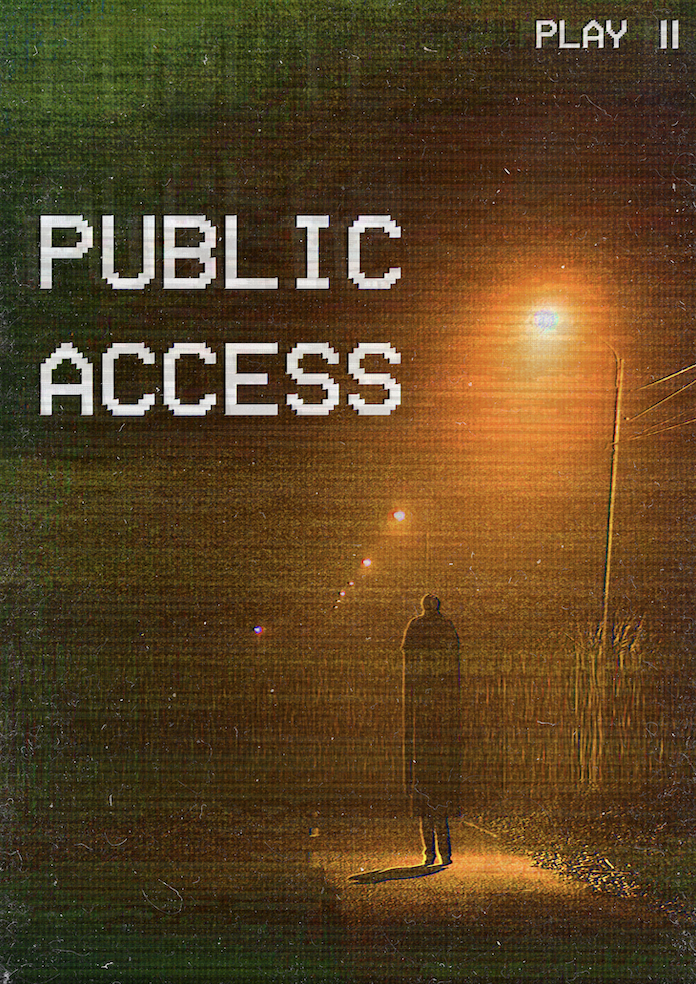As mentioned previously, my purpose here is not to say “5E can do all of what these other games do” – it can’t, that’s why I’ve got to steal these mechanics for a game I agreed to run. My hope, actually, is that other people might try out these mechanics in their game, and then maybe see that these other games, despite being different from what they’re used to, are actually a lot of fun.
Read MoreI’ve been connected to the Sony gaming ecosystem for quite a while, and up until the PS4, they were fairly committed to backwards compatibility. As a result, I’ve had the good fortune of being able to revisit these older games when I want to play something but don’t have the funds to engage with something new. As such, the game is still fairly fresh in my mind, despite the fact that it is old enough to buy cigarettes in some municipalities.
Read MoreThis has broader implications about how incentives are structured — the presence of a reward for not doing something versus the desired outcome of taking the action. To my mind, incentives can only delay such a thing, never actually forestall it for certain.
Read MoreMuch earlier this year, I came across references to a new RPG from the Gauntlet, a group whose podcasts I’ve been listening to for several years now. They’re a group of people who run, review, and publish role playing games. Originally based out of Austen, Texas, they have largely moved online. The RPG in question was a new game from designer Jason Cordova, Public Access, and and I paid the $15 to get the pdf of it as soon as I saw it had gone live.
Read MoreI tend to think of this – perhaps grandiosely, perhaps unnecessarily – as a kind of libidinal architecture: creating a structure that encourages those moving through it to move towards a certain set of goals and away from a general set of lose conditions.
Read More




